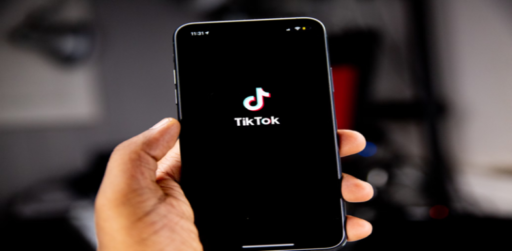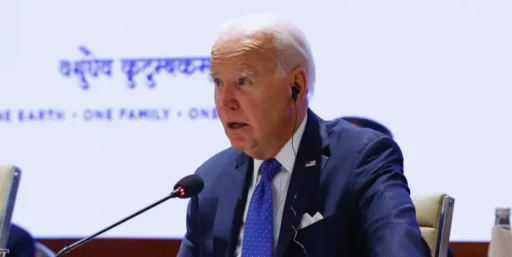Microsoft, a global technology leader, announces organizational changes and enhanced security measures to strengthen its cybersecurity posture. Charlie Bell, Executive Vice President of Security, outlines the initiatives aimed at improving security across products and services.
Executive Accountability:
Microsoft plans to hold its Senior Leadership Team accountable for cybersecurity progress by tying a portion of their compensation to security plans and milestones. This measure aims to ensure top-level commitment to security objectives.
Security Governance Enhancements:
The company is implementing significant changes in security governance, including the addition of a deputy Chief Information Security Officer (CISO) to each product team. Additionally, the threat intelligence team will now report directly to the enterprise CISO, enhancing oversight and control.
Collaborative Approach:
Microsoft emphasizes collaboration among engineering teams from Azure, Windows, Microsoft 365, and security groups to address security challenges collectively. This cross-functional collaboration aims to enhance security measures across Microsoft’s ecosystem.
Response to Cyber Safety Review Board Recommendations:
The announcement follows recommendations from the US Department of Homeland Security’s Cyber Safety Review Board (CSRB) for Microsoft to enhance its cybersecurity practices. The CSRB highlighted the need for strategic and cultural improvements following a high-profile cyber incident involving a Chinese cyber-espionage group breaching Microsoft’s Exchange Online environment.
Secure Future Initiative (SFI):
Microsoft’s Secure Future Initiative (SFI), launched in November 2023, aims to address emerging threats by integrating security measures into product development, testing, and deployment. The initiative focuses on automation, AI, and threat modeling to enhance security across Microsoft’s portfolio.
Six-Pillar Approach:
Under the SFI, Microsoft outlines six pillars to ensure products and platforms are secure by design, default, and during operations. These pillars include protecting identities, securing cloud environments, safeguarding networks, securing engineering systems, threat monitoring, and accelerated response and remediation.
Network and Engineering System Protection:
Microsoft plans to implement 100% network isolation and segmentation to protect its networks. Additionally, efforts to secure engineering systems include maintaining an inventory of software assets and implementing zero-trust access to source code and infrastructure.
Operational Meetings for Execution:
The company’s engineering leaders conduct weekly and monthly operational meetings to drive execution and continuous improvement of security measures. These meetings involve management at all levels and focus on delivering enhanced security to customers.
Ongoing Threat Landscape:
Despite these proactive measures, Microsoft remains a major target for cyber attackers. Recent incidents, such as the intrusion by Russian threat group Midnight Blizzard, underscore the evolving threat landscape and the need for continuous vigilance.
Industry Response:
Experts, like Tom Corn, Chief Product Officer at Ontinue, applaud Microsoft’s ambitious Secure Future Initiative. Corn highlights Microsoft’s unique position as a leading security and infrastructure provider, emphasizing the potential benefits for the entire industry.
Conclusion:
Microsoft’s commitment to enhancing cybersecurity through organizational changes, executive accountability, and collaborative efforts reflects its dedication to safeguarding customers’ data and infrastructure in an increasingly complex threat environment.











